Russia’s invasion of Ukraine has not only revealed the willful ignorance of German politicians, businesspeople, and voters to Vladimir Putin’s regime, argues Constanze Stelzenmüller — it “has cast a dark backwards shadow over [the] tenure” of former chancellor Angela Merkel. This article originally appeared in the Financial Times.
Russia’s war of annihilation against Ukraine and the unhinged rhetoric of its elites raise urgent questions about the future for Europeans, for the trans-Atlantic alliance, and for global order.
For a generational cohort of German politicians, some of whom are retired and some still in power, it also raises urgent questions about the past. What could they have known, or at least predicted? What bloodshed could they have prevented?
Indeed, there has been something of a public parade of regrets lately. Certainly not from the Russian energy lobbyist Gerhard Schröder, who served as chancellor from 1998 to 2005 and is a flinty, unrepentant apologist for Vladimir Putin. But Frank-Walter Steinmeier, who is Germany’s president and a former foreign minister, has admitted “errors” in his dealings with Russia. So, too, has Sigmar Gabriel, his successor in the foreign ministry.
Their contrition appears sincere. Nevertheless, one could wish it were a little less abbreviated, especially given the duration and extent of their commitment to the mistakes they now deplore.
Steinmeier was a key enabler of Germany’s naively boosterish Russia policy from 1998 onwards, when he became Schröder’s top wingman in the chancellery. As for Gabriel, who was economic affairs and energy minister at the time of Russia’s illegal annexation of Crimea, he sold Germany’s largest gas storage facilities to Gazprom after the Kremlin’s seizure of the peninsula.
But what of former chancellor Angela Merkel, the ultimate arbiter of national strategy for 16 years between 2005 and 2021? After handing over to her successor Olaf Scholz in December, she disappeared from public view, taking winter walks along the Baltic Sea, and listening to an audiobook of “Macbeth.” Six months later — and four months into the war — she is back and clearly intent on protecting her legacy in a series of conversations, speeches, and interviews.
Merkel left office of her own will, the only postwar chancellor to do so. She was popular at home and she was admired worldwide as one of Germany’s greatest postwar leaders. Now, Russia’s full-scale invasion of Ukraine on February 24 has cast a dark backwards shadow over her tenure.
Should she not have paid more attention to Putin’s repression of civil society and murders of political opponents in Russia? His poisoning of European politics by means of disinformation and corruption? His careful weaving of a continent-wide web of dependency on Russian gas? His stationing of intermediate-range missiles in Kaliningrad? His increasingly evident imperial ambitions?
Should she not have seen a connection between the assault on Chechnya, with which Putin began his reign at the turn of the millennium, the war with Georgia in 2008 which resulted in that country’s dismemberment at Russian hands, the annexation of Crimea in 2014, and eight years of proxy war in Donbas with 14,000 dead? But those who expected a self-critical examination of her record were disappointed.
“I don’t see that I should now have to say, that was wrong. And I will therefore not apologize.” The literal English translation is clunky, but then so is Merkelish in the original German. The point of the former chancellor’s remarks to a Berlin theatre audience was clear enough: she had nothing to regret.
Merkel contended that she always saw through Putin: “I always knew he wanted to destroy Europe.” Yet she insisted — in a phrase redolent of Bismarckian Realpolitik — that it was important to maintain “a trade connection” with “the world’s second largest nuclear power.”
One commentator branded her comments as appeasement. A second seized on her description of Putin’s war as “a great tragedy” as evidence of fatalistic determinism. Others suggested that Merkel had simply been “the perfect chancellor for a system that had reached its limits.” None of these explanations is entirely off the mark.
What matters, however, is that Merkel’s signature approach to dealing with problems — comprehending them fully, but choosing to manage rather than to resolve them — was shared not just by her various coalition partners, but by the German business community and by voters. It is in line with a longstanding postwar tradition of German leaders framing strategic choices as strategic constraints, thereby evading the appearance of agency or responsibility.
As a recipe for grappling with an unchained totalitarian Russia — and with a future of permanent upheaval and disruption — it is not just futile but reckless.
The Brookings Institution is committed to quality, independence, and impact.
We are supported by a diverse array of funders. In line with our values and policies, each Brookings publication represents the sole views of its author(s).
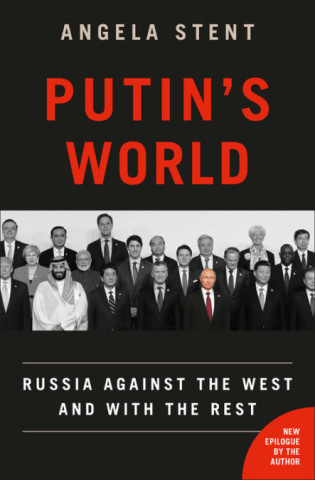
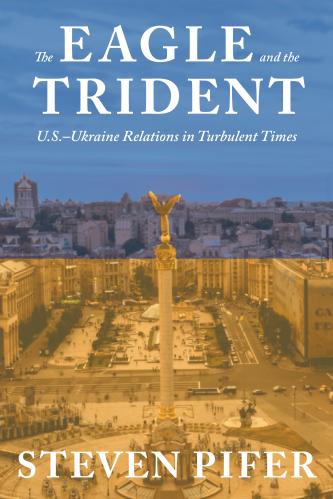
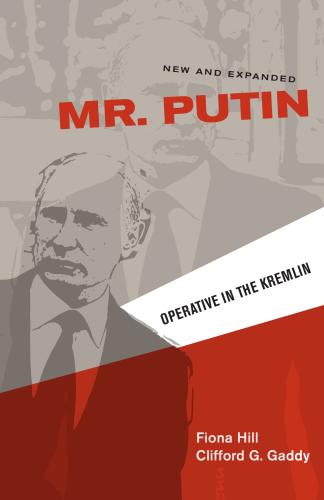
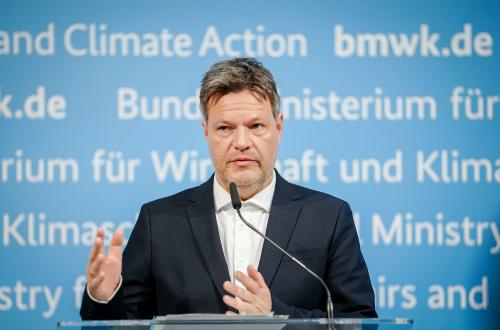
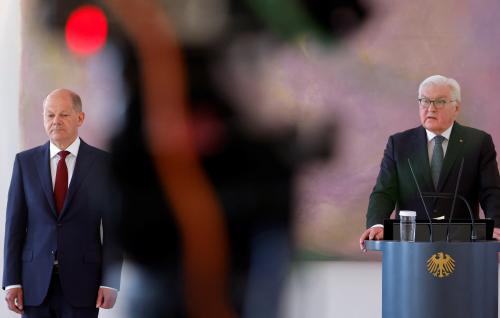
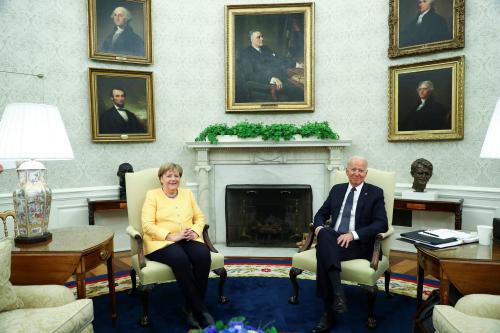

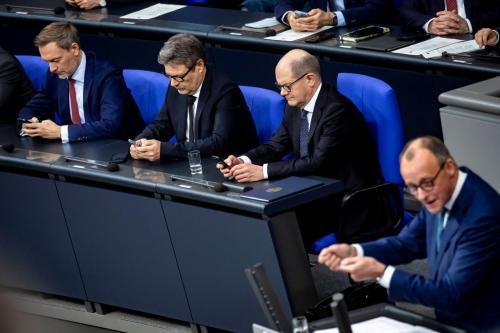
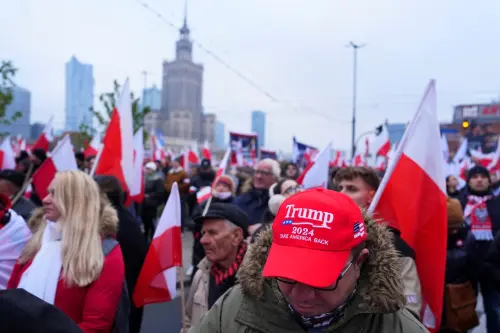
Commentary
Merkel’s lack of regrets illustrates the fallacies of Germany’s Russia policy
June 21, 2022